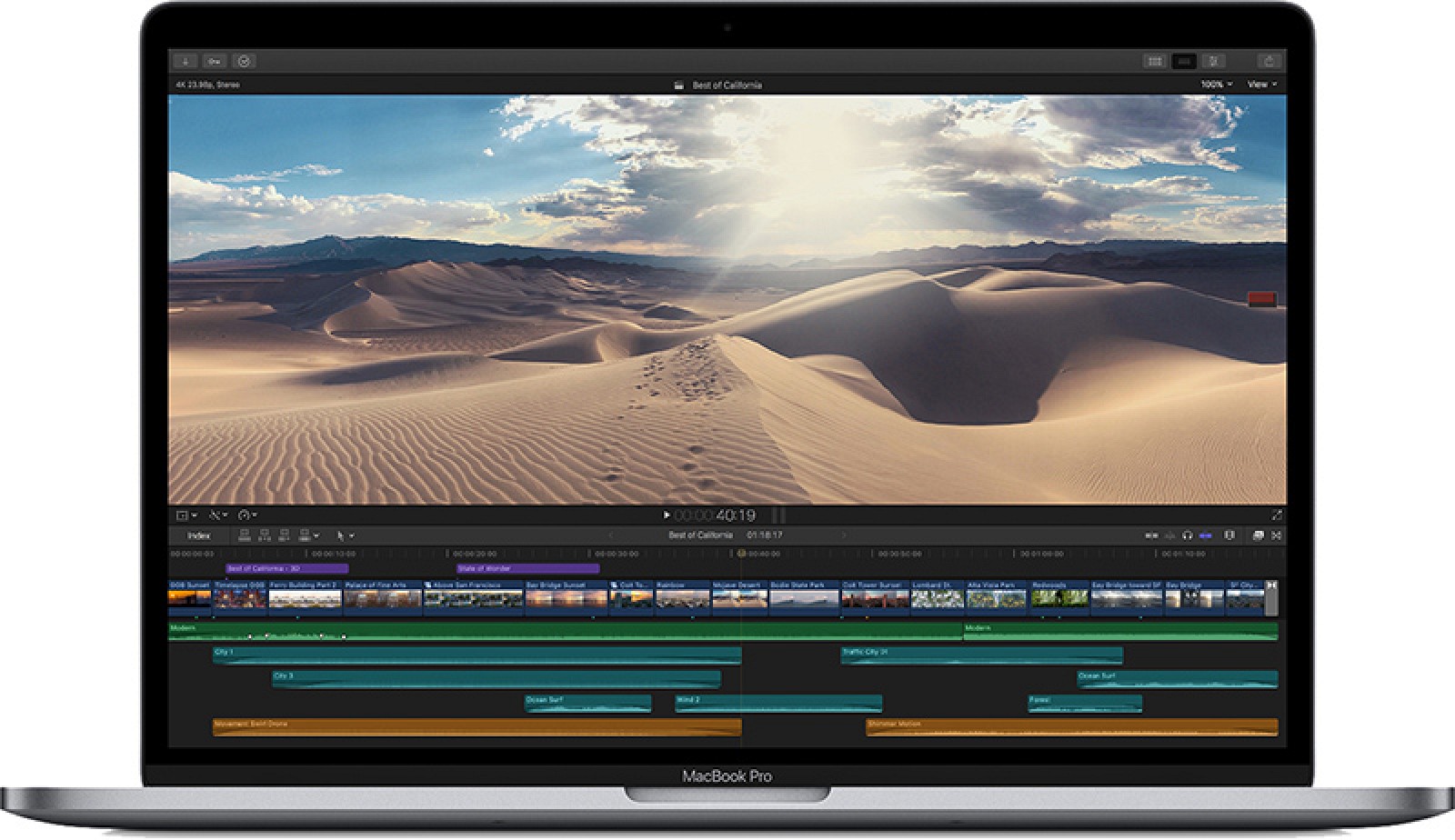Depths Of The Damned Mac OS
The pre-installed operating system was a specialized version of Mac OS 7.6.1, which allowed control over those features. It is the last Macintosh model able to boot and run System 7 natively. Expandability was offered via a 7-inch PCI slot and Apple Communication slot II for the addition of Ethernet. MacOS 11 Big Sur was a major update that not only brought tons of under-the-hood changes to the Mac, but also introduced the most obvious layer of iOS-ification that we’ve seen on the Mac thus far.
Home > Articles > Apple > Operating Systems
␡- The Layers of Mac OS X: Aqua
This chapter is from the book
This chapter is from the book
There is more than one way to think about dividing up a pizza. First, there is the familiar method of dividing it into slices. Alternatively, you could divide it into layers: topping, cheese, sauce, crust. Theoretically, you could also divide it into its basic ingredients: flour, water, tomatoes, garlic, milk. Each method makes a different contribution to your enjoyment of the pizza. The first method (slices) is best when you're getting ready to eat the pizza; the second is best when you are deciding what to order (such as pepperoni with extra cheese); the third is best if you are concerned about nutrition (needing to know the exact ingredients to calculate calories).
The same is true for Mac OS X. There are multiple ways to look at it and take it apart. Each way makes its own contribution to your understanding of the OS. In this chapter, I look at the major ways to 'take apart' Mac OS X. Having at least a minimal knowledge of Mac OS 9 will help, as I occasionally make comparisons between the two OS versions. But even if you've never used Mac OS 9, you'll be able to follow along.
Depths Of The Damned Mac Os X
In This Chapter
The Layers of Mac OS X: Aqua
The Layers of Mac OS X: Application Environments
Cocoa
Carbon
Classic
Java
Putting it together
The Layers of Mac OS X: Graphics Services
Quartz
Multimedia: OpenGL and QuickTime
The Layers of Mac OS X: Darwin
Mach
BSD (Unix)
Domains: An Overview
System domain
Local domain
User domain
Network domain
The Libraries of Mac OS X: /System/Library
Core Services
CFMSupport
Extensions
Fonts
Frameworks
PreferencePanes
Printers
QuickTime
ScreenSavers
Services
Sounds
StartupItems
The Libraries of Mac OS X: /Library
Application Support
ColorSync
Contextual Menu Items
Desktop Pictures
Documentation
Fonts
Internet Plug-Ins
Modem Scripts
Preferences
Printers
Receipts
StartupItems
Depths Of The Damned Mac Os 7
The Libraries of Mac OS X: Users/'Home'/Library
Application Support
Caches
Favorites
Font Collections
Fonts
Internet Search Sites
Keychains
Preference Panes
Preferences
Application-specific folders
Fonts in Mac OS X: Font Formats
TrueType fonts
PostScript fonts
OpenType fonts
Bitmap fonts
Identifying font formats
Fonts in Mac OS X: Working with Fonts
Font Panel window
Font smoothing and Mac OS X
International language support: basics
International language support: troubleshooting
Font utilities
The Layers of Mac OS X: Aqua
Aqua is the name given to what most users think of when they think of Mac OS X: the user interface, the Finder, the Dock, the windows, the translucent buttons, the high-resolution icons, the menus, and all the rest. Many users may never explore Mac OS X beyond its Aqua layer.
From this perspective, a user upgrading from Mac OS 9 will feel quite at home, at least initially. Much still works the same way. You still double-click icons in the Finder to launch them; you still choose the Save command from an application's File menu to save a document; you still open a folder icon to see its contents.
But you will soon notice some significant differences: a new column view, a very different Apple menu, the Dock. I discussed the basics in Chapter 3, when I presented an overview of Mac OS X.
Overview
Depths of Peril is a single player action RPG (role-playing game) with strong strategy elements. You play as a faction leader protecting the barbarian city, Jorvik, by destroying threatening monsters and completing quests. At the same time, you compete with rival factions to see who will rule the city. Barbarians choose their leaders by fighting to the death!
As a faction leader, you must deal with rival factions through diplomacy, trade, and in time, war. Between battles and raids against other barbarian factions, you build the most powerful faction possible, to withstand your enemies. Building the power of a faction involves exploring a fantasy world, slaying dangerous monsters, solving quests for the city, avoiding deadly traps, and plundering loot to share within your faction.

But in this world, actions actually have consequences, so take care. Annoying the powerful and aggressive Legion of Fear faction will cause them to declare war and destroy you. Ignored Orc uprisings in the Black Forest will cause even more trouble. Protect ally covenants that are being raided, because friends are hard to come by.
Depths of Peril is on sale now. Buy Depths of Peril now!